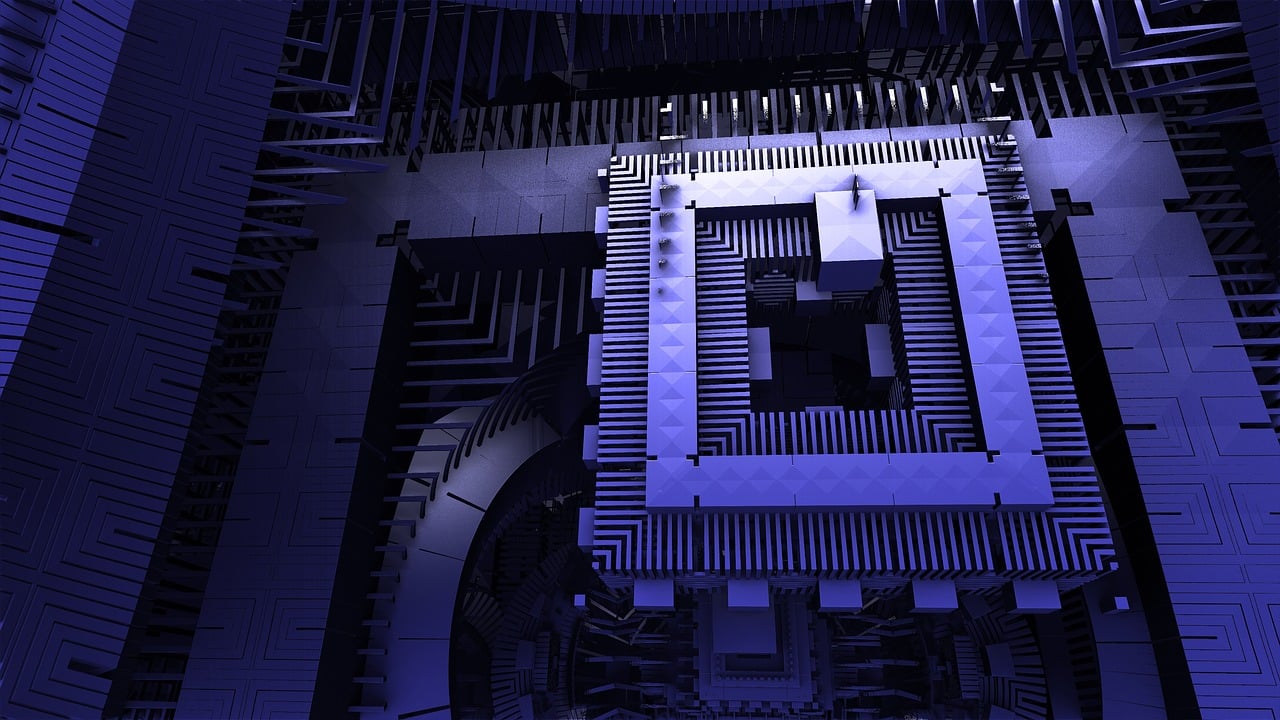In hopes that quantum computing can unleash the full potential of artificial intelligence (AI), researchers have implemented machine learning algorithms into IBM’s quantum processors. Quantum computers are expected to play a huge role in the development of data science and machine learning.
AI systems reach their full potential through machine learning, which trains them on massive amounts of data–far more than what humans are capable of processing in a short time. The better the data is classified, the better the AI will perform. Now new research published in the journal Nature shows how implementing machine learning in IBM’s quantum processors yields great improvements in quantum volumes. The result is improved mapping, a key property of machine learning which enables AIs to handle massive data structures much larger than those managed by today’s standard computers.
In the new study, data was identified and categorized using short-depth circuits which can effortlessly deal with decoherence. The mapping on the new processor also worked flawlessly, with no classification errors in structured data. According to a statement, researchers see a “bigger, better picture” forming after adding artificial intelligence to quantum processors.
Quantum computers can also be used in the future to create better classifiers which can deliver more intuitive data maps, resulting in improved AI development. The enhanced machine learning algorithms will be able to identify data patterns invisible to most of today’s standard computers.
IBM’s newly-designed quantum processor also addresses the “presence of noise,” which causes inconsistent classification of engineered data. The new processor goes well beyond that noise, providing “perfect accuracy” in tests. Current quantum computers have difficulties keeping their “qubits” in quantum states for longer time than a few hundred microseconds, even in a near-perfect lab environment. Future quantum computing should enable this, as qubits must remain in a stable state for more successful results.
“Our algorithms demonstrating how entanglement can improve AI classification accuracy will be available as part of IBM’s Qiskit Aqua, an open-source library of quantum algorithms that developers, researchers and industry experts can use to access quantum computers via classical applications or common programming languages such as Python,” the statement says.
More study and test must be performed before there will be a significant quantum advantage for machine learning. At that point, quantum computers will surpass the computers currently used to implement AI algorithms.
“Our research doesn’t yet demonstrate Quantum Advantage because we minimized the scope of the problem based on our current hardware capabilities, using only two qubits of quantum computing capacity, which can be simulated on a classical computer,” researchers explained. “Yet the feature mapping methods we’re advancing could soon be able to classify far more complex datasets than anything a classical computer could handle. What we’ve shown is a promising path forward.”





